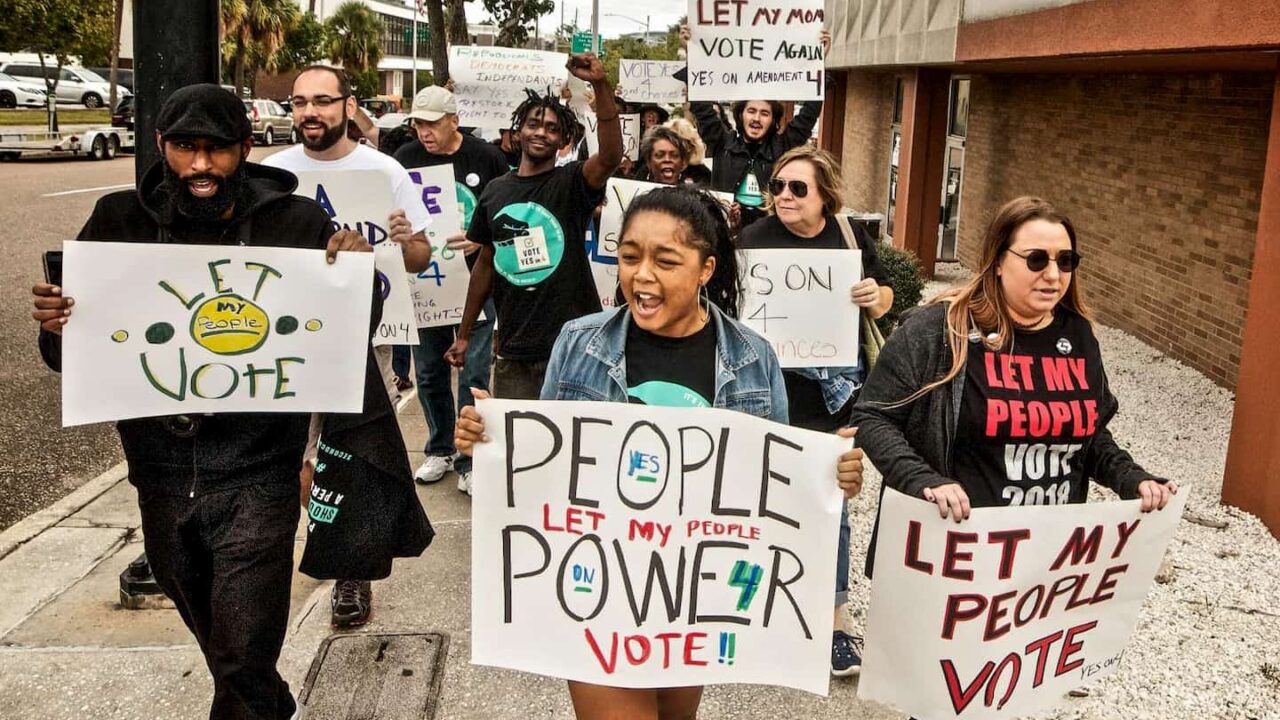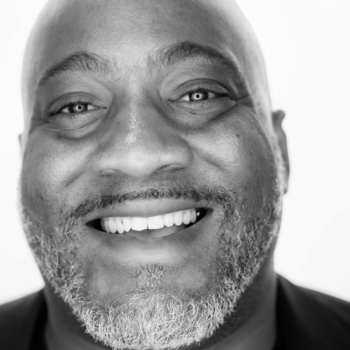In 2018, two-thirds of Florida voters changed the State Constitution and restored the right to vote to nearly one-and-a-half million returning citizens (former felons), over 15 percent of whom live in rural areas. Until we passed Amendment 4, I couldn’t vote. In fact, I hadn’t been able to vote in thirty years. Yet the people who did vote got a big say over my life: they selected the representatives who decide where returning citizens like me can live and what jobs we are eligible for.
Passing Amendment 4 was a huge victory, but there are still democracy deniers in Florida set on keeping returning citizens from voting. The state legislature, dominated by Republicans, passed a law blocking us from voting unless we’ve paid all of our financial obligations to the courts — even if we cannot afford to pay. One judge has already ruled the fines and fees unconstitutional, saying they amount to a poll tax. But the 11th circuit overturned the decision, even though it means many returning citizens will have to choose between putting food on their tables and voting.
These voter suppression tactics are a reaction to the power returning citizens have to make a big difference in this year’s election. In rural counties, the 210,000 potential new voters, many of them Black and Latinx, represent over twice the margin of victory in the entire state of Florida in 2016.
To ensure that returning citizens in rural areas are eligible to vote, Florida Rights Restoration Commission has launched a Fines and Fees Fund for returning citizens, while making sure that those who have already paid off their fines and fees know that they can vote in this election. We have also organized voter outreach, community events, and voter registration drives in rural parts of the state.
A story from rural Florida exemplifies the power of this work. A woman with months to live approached a group of FRRC canvassers. This woman had been convicted on drug charges and didn’t know that she was now eligible to vote. She started crying as she signed her voter registration form because she had thought that she was never going to be able to vote. As she handed her signed form to our canvasser, she asked the canvasser to pray that God would let her live long enough to cast her ballot.
Stories like this one remind us why we need to organize to turn potential voters into probable voters. Part of this means speaking to the aspirations of people like the woman described above, as well as to her community’s basic needs and hopes. That is why we distributed over 100,000 masks and sanitizers to local jails, community centers, homeless shelters, and churches throughout Florida, and why we will be giving one million masks out at the polls.
Eventually, we hope the courts will strike down the fines and fees law — a last gasp to defy the will of the people and keep citizens from the polls. But, until then, we are doing the work of talking to all the potential voters and making sure that they are able to have their voices heard. We are working to pay their fines and fees, register them, and ensure that they can vote. The sooner we activate this block of voters and expand democracy in forgotten communities, the sooner we will all see justice.

